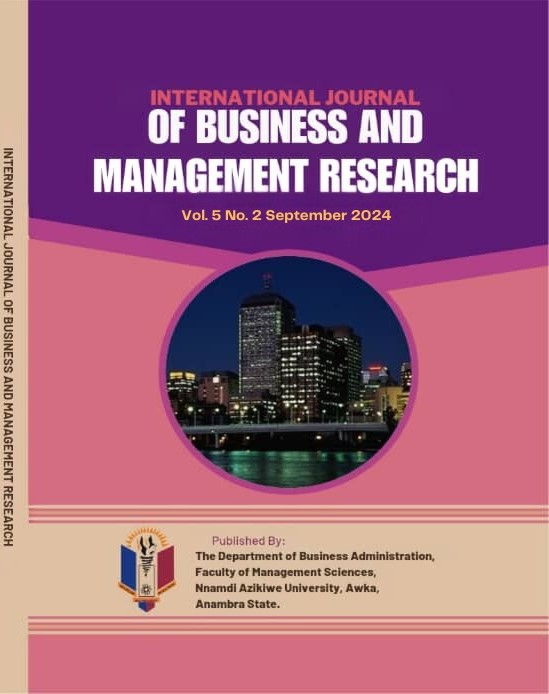Does Communication and Work-Life Balance Practices Affect the Mental Well-being of Female Teachers in Lagos State?
Keywords:
Communication practices, female teachers, mental well-being, work-life balance practicesAbstract
This study investigated the influence of communication practices and work-life balance practices on the mental well-being of female secondary school teachers in Lagos State. Using the descriptive research design, data was collected from 459 female teachers in the six educational districts in Lagos State, and the structural equation modelling was used to test two stated hypotheses. The analysis reveals a moderate positive effect of communication practices (path coefficient = .44) and a strong positive effect of work-life balance practices (path coefficient = .55) on mental well-being. The results are statistically significant, with critical ratios well above the threshold and p-values indicating significance at the .05 level. These findings highlighted the importance of effective communication and balanced professional-personal life management in promoting the mental health and job satisfaction of female teachers. Based on these findings, the study recommended integrating comprehensive communication strategies and work-life balance policies into school operations, developing tailored interventions for different groups within the teaching profession, and partnering with mental health professionals to enrich support programs.




